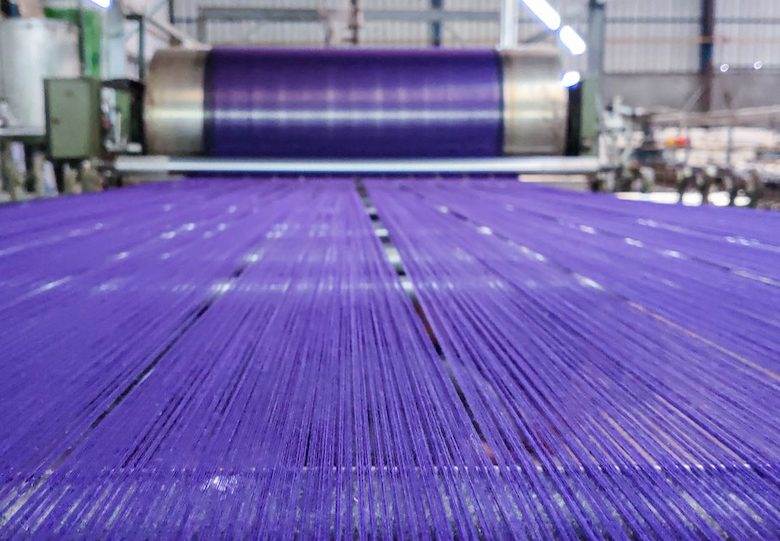Consumer authorities raise four issues of concern about the Higg MSI

The Dutch and the Norwegian consumer authorities, both of whom have recently issued warnings to high-profile brands and retailers over environmental claims, have jointly issued new guidance to the textile industry.
This new guidance focuses specifically on clothing companies’ use of the Higg Material Sustainability Index (MSI) in presenting their claims about the environmental credentials of their products and the materials they are made from.
Four main objections have emerged to companies’ use of the Higg MSI from the analysis the Norwegian Consumer Authority (NCA) and the Authority for Consumers and Markets (ACM) in the Netherlands have carried out.
Global average data, which the index uses, does not constitute documentation for claims about a specific product, they have said. Another concern is that data the Higg MSI uses for some scores, notably for its comparison of organic and conventional cotton, is outdated.
They also said the Sustainable Apparel Coalition (SAC), the non-profit organisation that developed the Higg MSI, has “included data not meant for comparative assertions”. Companies should not use the index to compare the environmental impacts of different material types, they said, because the High MSI only allows comparisons between so-called “preferred materials” to their “conventional benchmark”. For example, ecologically grown cotton can be compared to conventional cotton, or recycled polyester to virgin polyester.
“This should also be made clear to the consumer,” the authorities said. “Otherwise, consumers could be misled to believe that a comparison of environmental impact across different types of materials has been made.”
The fourth area of concern for ACM and NCA is that information on impact categories other than those in the cradle-to-gate phase are not accounted for in the Higg MSI; it takes no account of how consumers will use products, for how long and what will become of those products after consumer use.
In the aftermath of the NCA’s earlier announcement, the SAC said it would temporarily suspended use of Higg MSI data in marketing towards consumers. It also said it would commission a third-party review of the Higg MSI data and methodology.
In the new ACM and NCA guidelines, the authorities have asked that this third-party review should “assess and confirm the scientific validity of the Higg MSI methodology and data”. They also say periodic review of the Higg MSI data set will be necessary.
They said claims based on the Higg MSI must be put into context and companies must make clear to consumers what their claims mean. They also recommend that the SAC design a way of displaying information that consumer will be able to understand “from the presentation itself”, rather than from extensive explanations. The SAC should include in this a way to convey what cradle-to-gate means and which possible environmental impacts in the lifecycle of a product are not reflected in its numbers.
They described as paramount the need for Higg-based environmental marketing messages to be presented to consumers “in a clear and unambiguous way in order to avoid misleading claims”.
The SAC has published an official response to this. Please see separate story.
Image: NCA.










